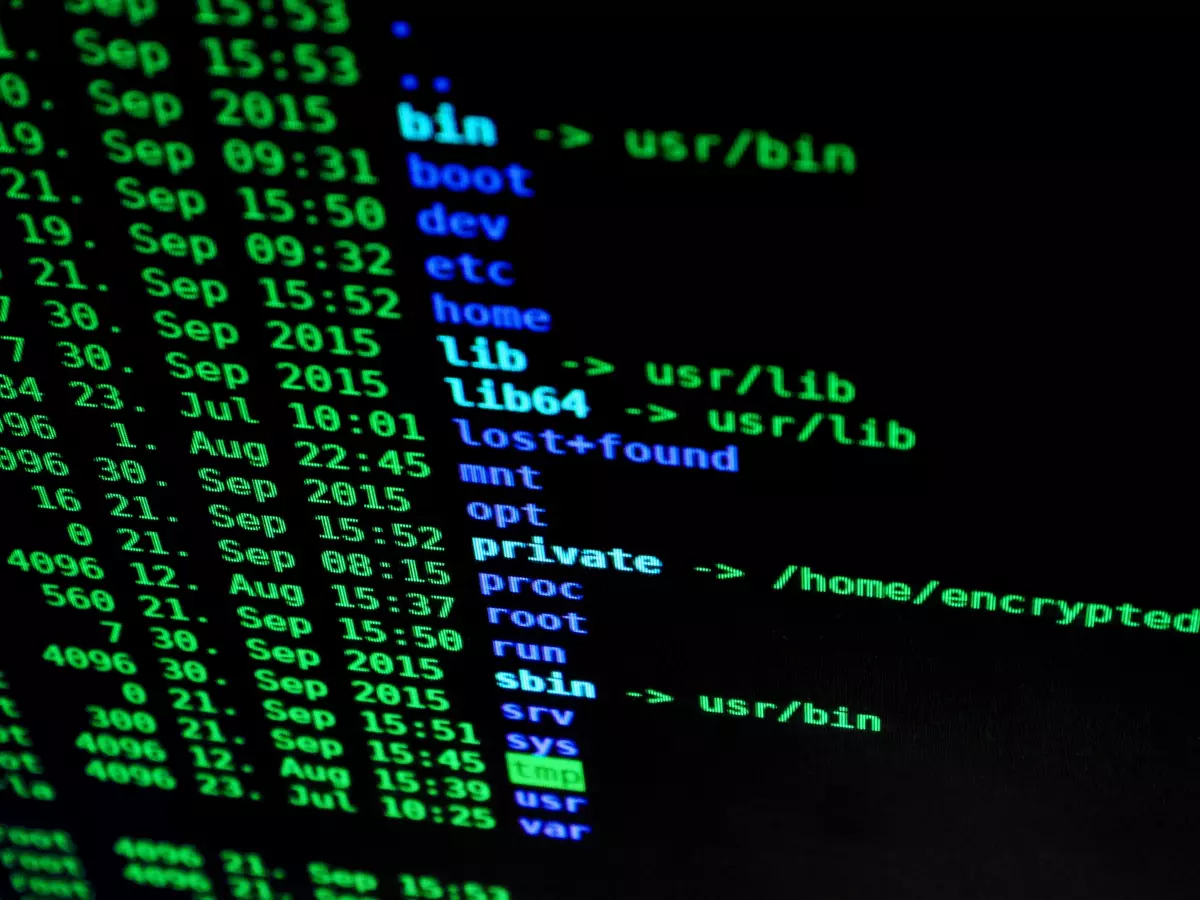Quantum Cybersecurity
Ever wonder if your data is truly safe in the face of quantum computing? The future of cybersecurity is about to get a serious upgrade—or a serious threat.

By Hannah White
Picture this: It's 2035, and you're sitting at a café, sipping your favorite coffee. You pull out your phone to check your bank account, but something feels off. Your balance is zero. Panic sets in. You call the bank, only to find out that a hacker using a quantum computer cracked the encryption protecting your account. In seconds, your life savings are gone.
Sounds like a sci-fi nightmare, right? Well, it might not be as far-fetched as you think. Quantum computing is on the horizon, and while it promises to revolutionize industries from healthcare to finance, it also poses a massive threat to cybersecurity as we know it. So, what exactly is quantum cybersecurity, and how can we prepare for it?
What Is Quantum Computing?
Before we dive into quantum cybersecurity, let's break down what quantum computing actually is. Traditional computers use bits, which are binary and can be either 0 or 1. Quantum computers, on the other hand, use qubits, which can exist in multiple states at once, thanks to a phenomenon called superposition. This allows quantum computers to process vast amounts of data simultaneously, making them exponentially more powerful than today's most advanced supercomputers.
While this sounds amazing for scientific research and solving complex problems, it also means that quantum computers could crack encryption algorithms that currently protect our data. In fact, some experts predict that quantum computers could break widely used encryption methods like RSA and ECC (Elliptic Curve Cryptography) in a matter of seconds.
Why Should You Care?
Okay, so quantum computers are powerful. But why should you, the average person or business owner, care? Well, because the encryption methods we rely on today—whether it's for online banking, email, or even government communications—are vulnerable to quantum attacks.
Imagine a hacker with a quantum computer. They could decrypt sensitive information, steal intellectual property, or even disrupt critical infrastructure like power grids and hospitals. The stakes are high, and the clock is ticking. Experts estimate that quantum computers capable of breaking current encryption could be a reality within the next 10 to 20 years. That may sound like a long time, but in the world of cybersecurity, it's just around the corner.
Enter Post-Quantum Cryptography
So, how do we defend against this quantum threat? Enter post-quantum cryptography (PQC). PQC refers to cryptographic algorithms that are designed to be secure against quantum attacks. These algorithms are being developed to replace current encryption methods and ensure that our data remains safe in a quantum-powered world.
Several organizations, including the National Institute of Standards and Technology (NIST), are working on standardizing post-quantum cryptographic algorithms. The goal is to create encryption methods that can withstand both classical and quantum computing attacks. But here's the catch: transitioning to post-quantum cryptography won't be easy. It will require updating software, hardware, and protocols across industries, which could take years.
What Can You Do Now?
While quantum computers capable of breaking encryption aren't here yet, it's never too early to start preparing. Here are a few steps you can take to future-proof your cybersecurity:
- Stay Informed: Keep an eye on developments in quantum computing and post-quantum cryptography. Being aware of the risks and solutions is the first step in protecting yourself.
- Evaluate Your Encryption: If you're a business owner, start evaluating the encryption methods you're currently using. Are they quantum-resistant? If not, it might be time to start planning for a transition.
- Collaborate with Experts: Work with cybersecurity professionals who are knowledgeable about quantum threats. They can help you assess your vulnerabilities and develop a roadmap for post-quantum security.
- Adopt a Zero Trust Model: While you're preparing for the quantum future, adopting a Zero Trust security model can help protect your data in the meantime. This approach assumes that no one, whether inside or outside your network, can be trusted by default.
The Road Ahead
The rise of quantum computing is both exciting and terrifying. On one hand, it has the potential to solve some of the world's most complex problems. On the other hand, it could render our current cybersecurity defenses useless.
But here's the good news: the cybersecurity community is already working hard to develop solutions that will keep us safe in a quantum-powered world. Post-quantum cryptography is on the way, and with the right preparation, we can stay one step ahead of the hackers.
So, is your data safe from quantum threats? Not yet. But if you start preparing now, you just might be ready when the quantum revolution arrives.
And trust me, it's coming faster than you think.
Ready for the quantum future? It's time to start thinking about it now, before it's too late.





